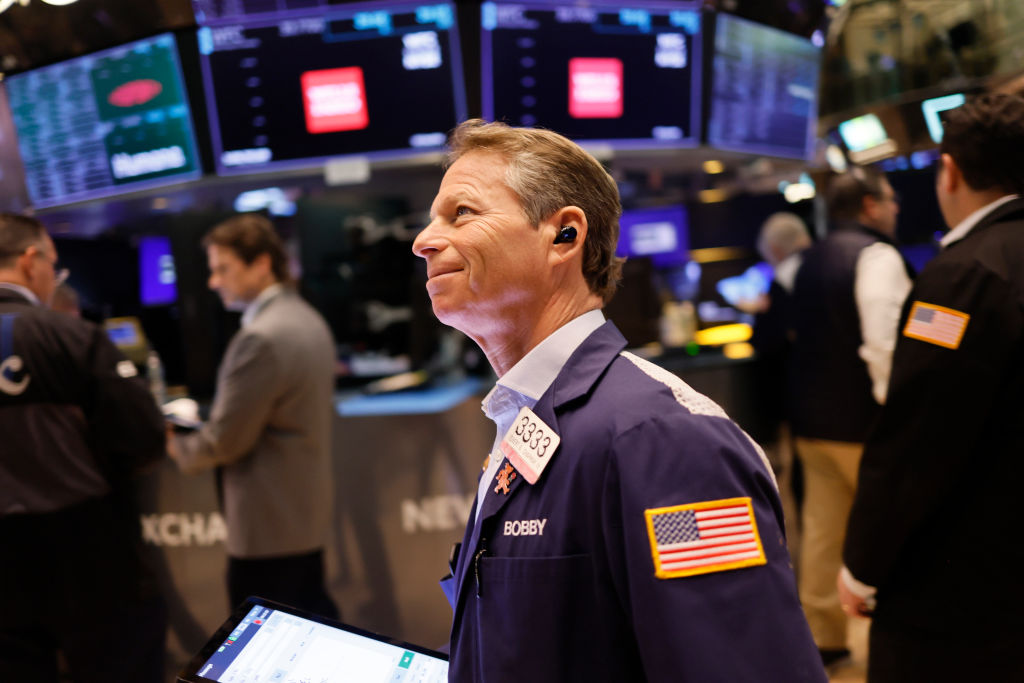The U.S. IPO market continues its downward slide in 2024, with just 151 listings so far. While on track to beat 2023’s decade low of 154 IPOs, it hardly recovers from the dramatic decline in 2022, which saw the U.S. IPO deal volume plummet 83 percent from the record high of 1,035 in 2021. Investors had hoped that Reddit’s blockbuster listing in March would jumpstart the IPO market, but Jay Ritter, a finance professor at the University of Florida, cautioned against such optimism at the time, telling Yahoo Finance, “I don’t think there’s going to be a boom.” So far, it seems he is right. “It was a one-off. There was a lot of attention due to retail interest,” Ritter told Observer, adding that most companies seeking IPOs, pretty much anything in the business-to-business space, do not have the same brand recognition as Reddit (RDDT).
However, given the soaring stock market, Ritter added, “I continue to be surprised how there is not more IPO activity happening now. The stock market is hitting record highs.” Rather than looking to the market for answers, the reason companies aren’t going public may be that the nature of IPOs has fundamentally changed.
In 2021, only three in ten companies that raised money through an IPO were profitable—a staggering fall from nine in ten in 1980. In addition, 26 percent of IPOs had a dual-class share structure in 2021, compared to just 1.4 percent in 1980.
“Back in the 1980s, it was a retail-oriented market than it has been in the last 20 years or so,” Ritter observed. Today, a company looking to raise funds through an IPO typically secures far more commitments from institutional investors, who are more willing to take risks by backing unprofitable companies than retail investors. Meanwhile, companies often offer dual-class shares, which give certain shareholders more voting power, allowing company insiders to maintain control even after an IPO. This structure is particularly appealing to institutional investors.
IPOs also fail to generate as much excitement because of market underperformance. Renaissance Capital’s FTSE Renaissance US IPO Index, which tracks the stock prices of companies that went public in the last three years, has consistently lagged behind major equity indexes over the past five years.
Massive unicorns like SpaceX, valued at $210 billion, and Stripe, valued at $70 billion, have no known plans to go public. Instead, these private companies have been selling shares in secondary markets, where they can still raise huge sums from private investors. Pitchbook describes SpaceX as “a darling of secondary markets.” Secondary markets overall have exploded, with funds in the space raising 92 percent more than they did in 2023, as per Bain & Co. This gives them immense cash to fund ambitious pre-IPO startups.
Even if the IPO market recovers, it’s uncertain whether retail investors will benefit. While institutional investors get to profit from the first-day surge, retail investors often have to buy at a marked-up price. The most promising startups are traded in secondary markets, which retail investors often cannot access directly due to high capital requirements. The prevalent dual-class share structure also strips retail shareholders of any meaningful influence over company decisions.

